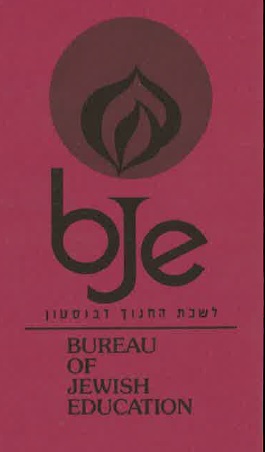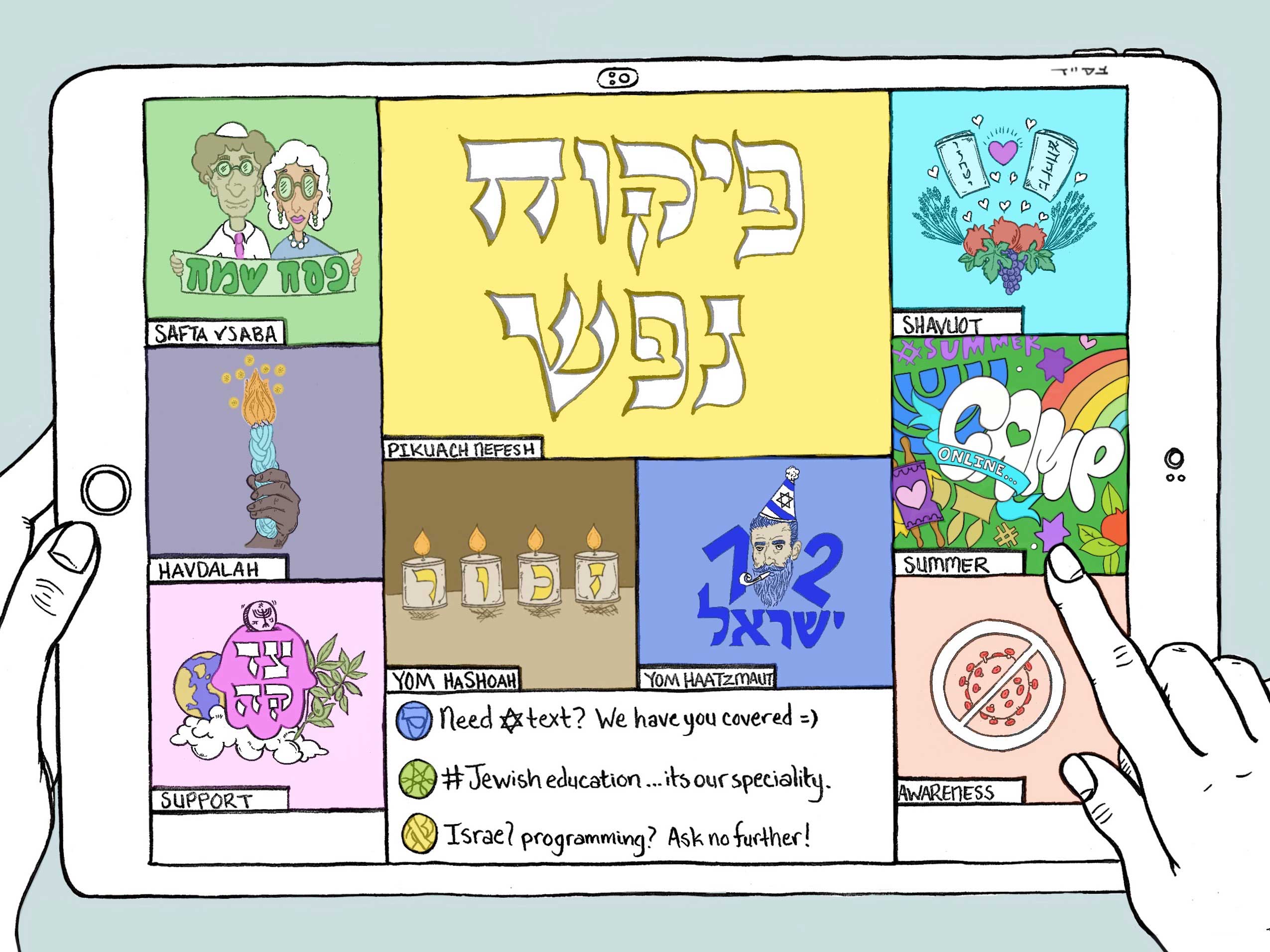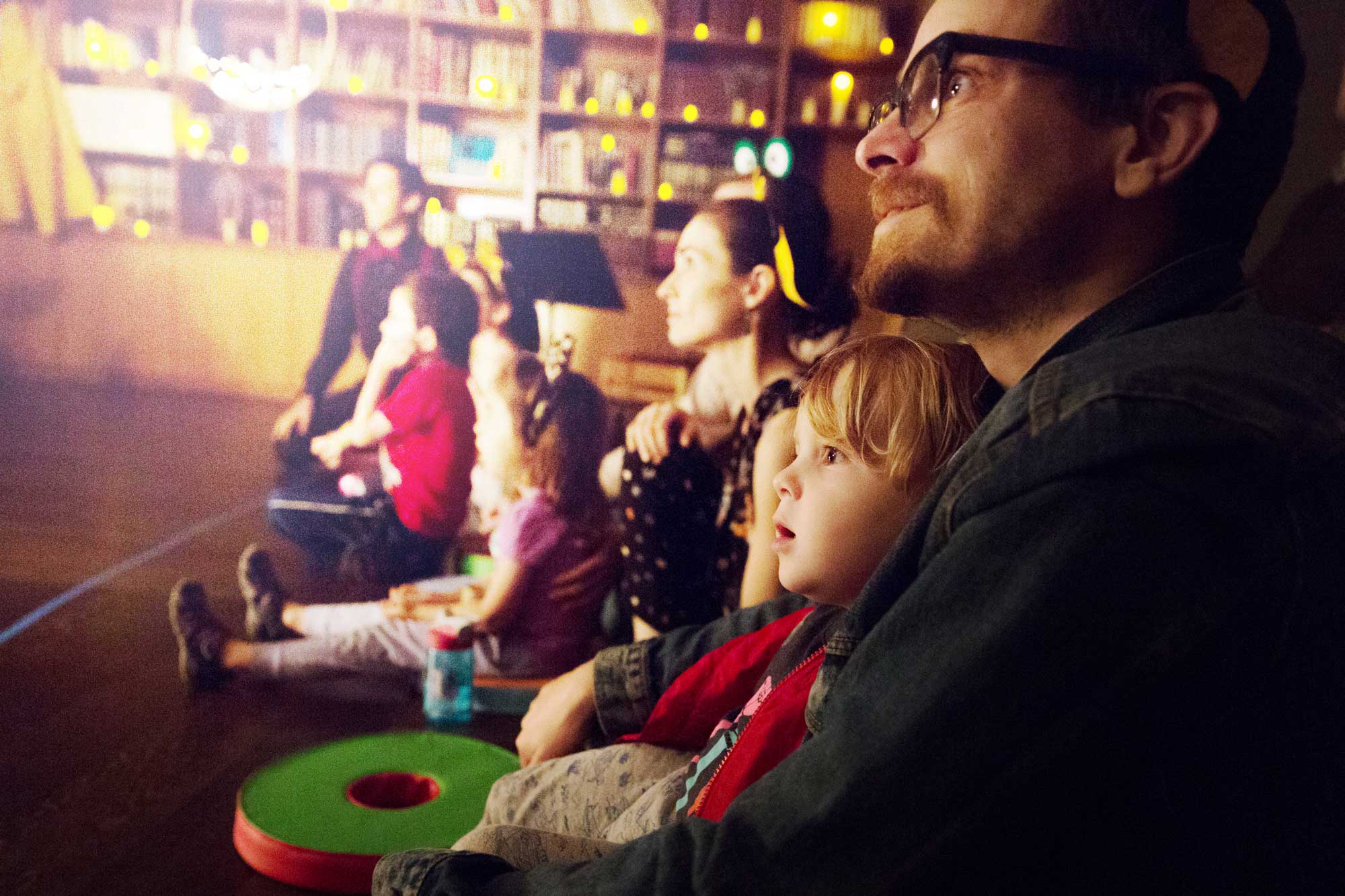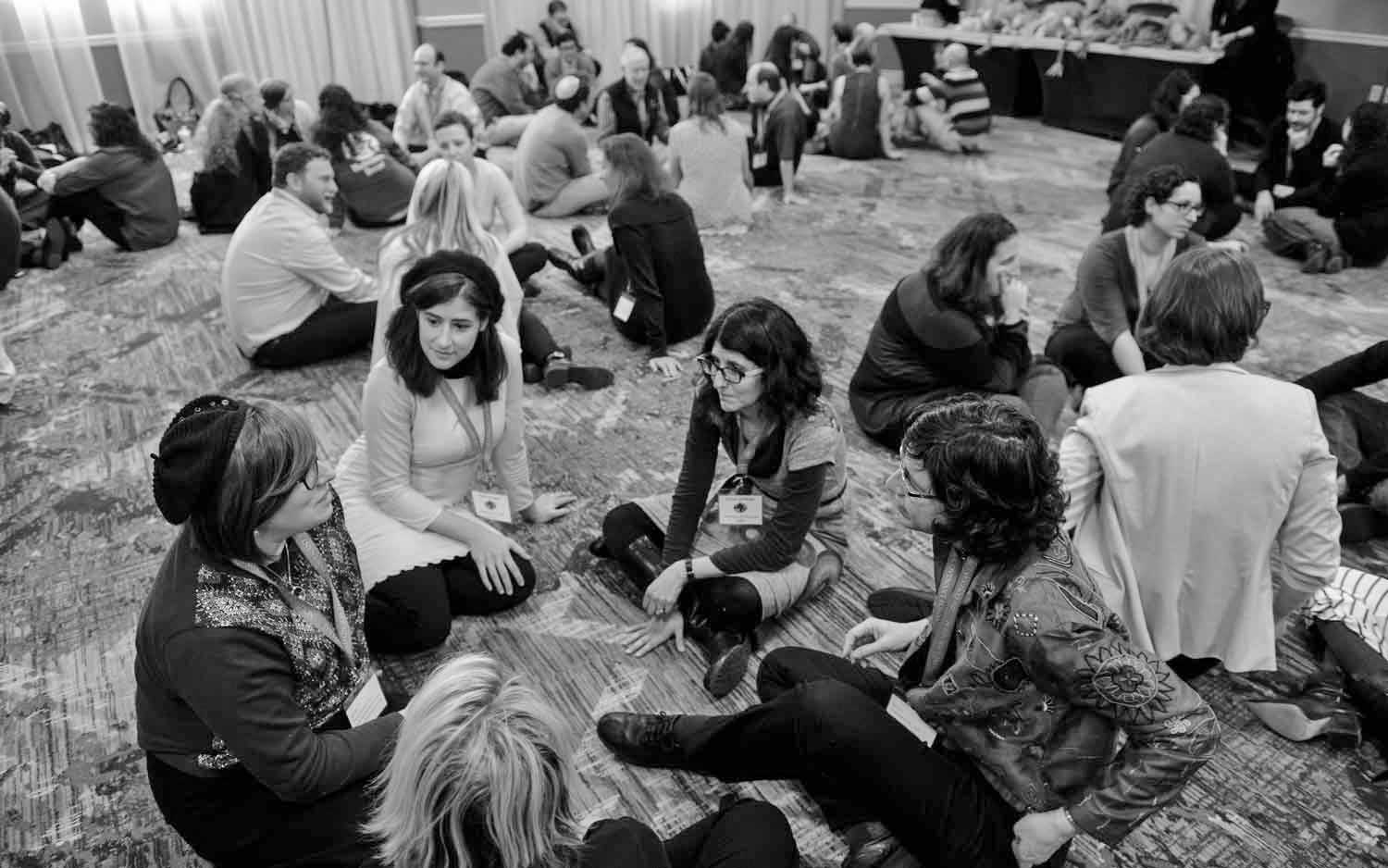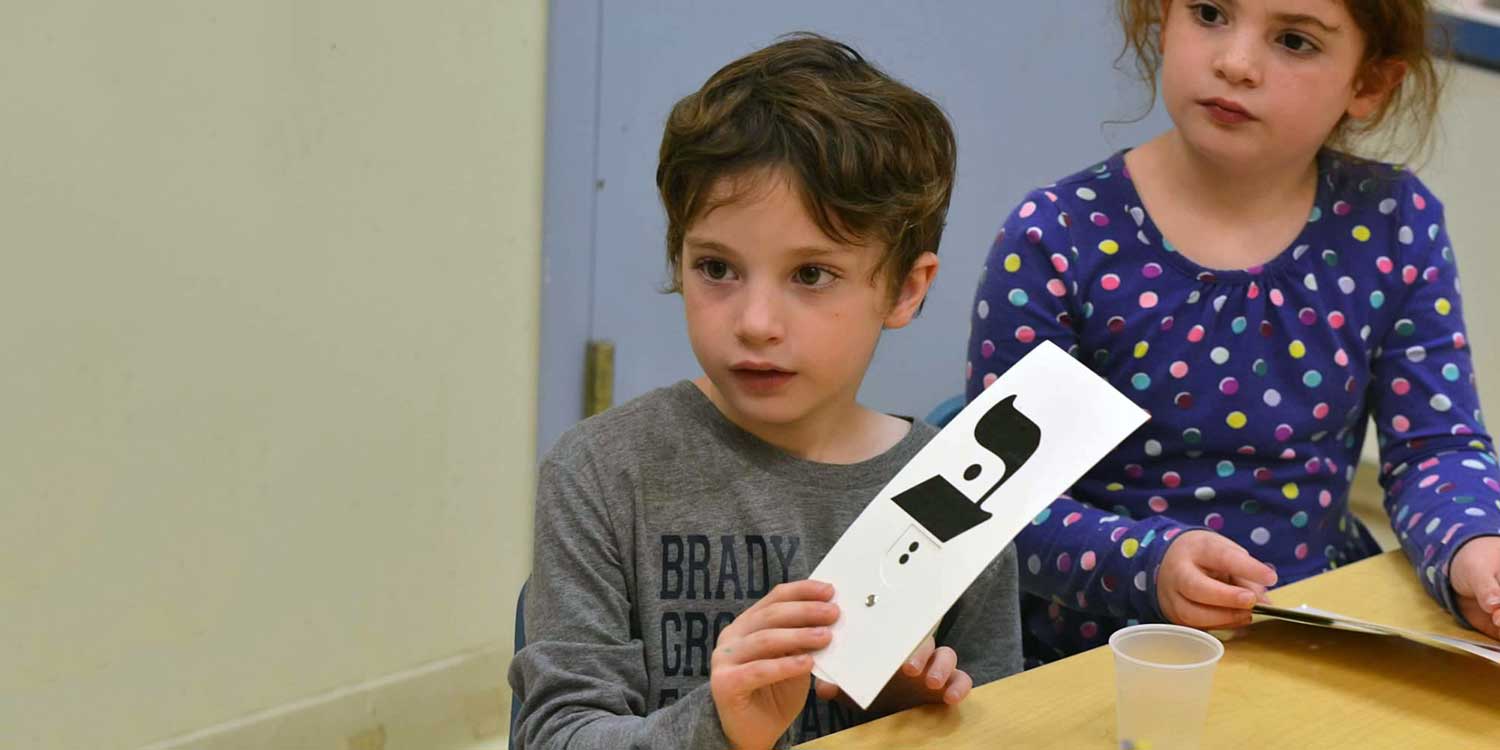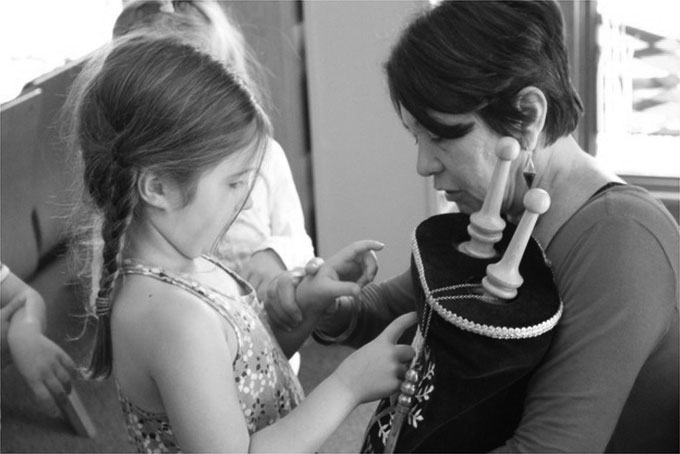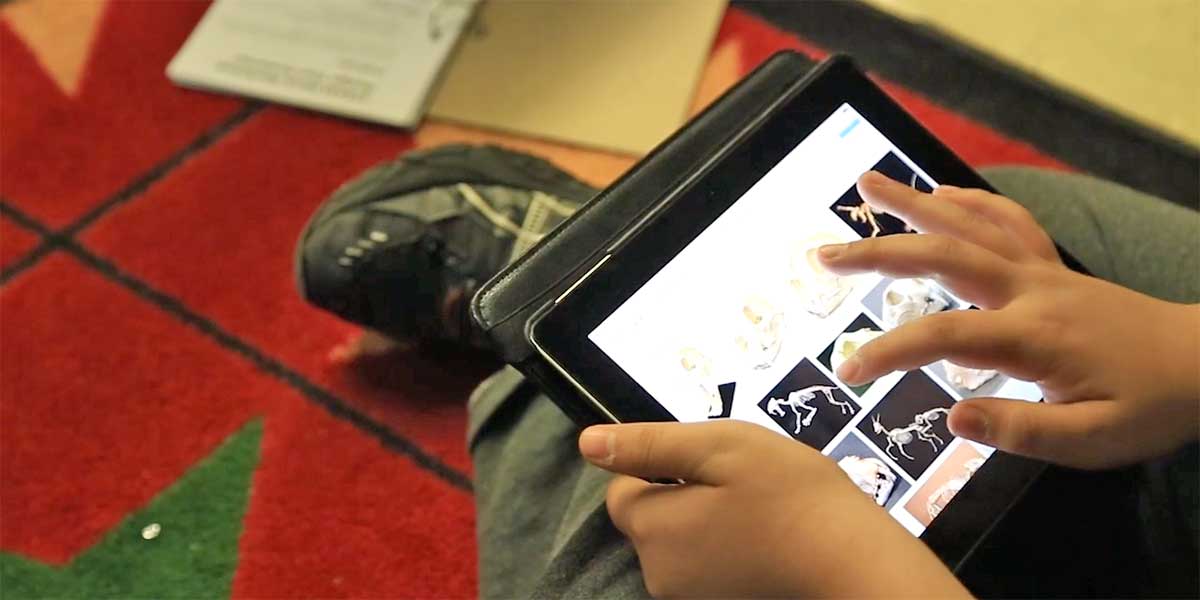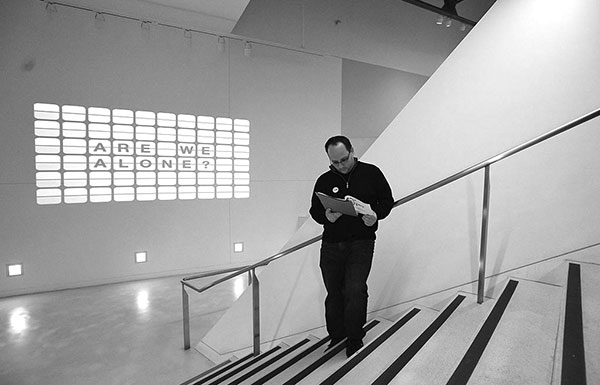ARTICLE When Jewish Values and Technology Meet: Text Me Offers A Family Education Opportunity
Living in a digital age is an incredible thing. Communication and information is just a click away. New technologies have afforded us the ability to do things we never thought possible in the past. No one can argue that technology isn’t great.
But living in a digital age also places an onus of responsibility on all of us, and perhaps the most responsibility falls on the shoulders of parents and educators of young children, adolescents and teens.
Conventional wisdom assumes that parents should be monitoring their adolescent’s use of technology (in all of it’s forms) and even better—having regular conversations with their kid about the right way to engage with others online. This is important. Being a courteous, respectful and savvy citizen of the online universe is crucial.
Can Judaism help? It’s probably safe to assume that when most parents and educators consider the questions that need to be asked of their children and of themselves, they haven’t necessarily thought to include Jewish values in that estimation. What arethe Jewish values at issue in the use of technology, anyway? How has Judaism responded to technological change in the past? How might the ubiquity of technology in our lives today affect core ethical and Jewish dilemmas that we face? And how can the use of technology support Jewish life?
These are just some of the questions that Text Me: Ancient Jewish Wisdom Meets Contemporary Technology aims to help families answer through a variety of educational programs geared toward specific cohorts of parents and kids.
Developed by a team of family educators working out of the Jewish Education Center of Cleveland (JECC), the Text Me program was based on the findings of those educators who discovered that local parents were indeed ready and willing to have these important conversations with their kids, and in a Jewish context. They just needed to be facilitated. And, of course, the parents needed to be willing to consider and reflect on their own use of technology as well.
When we post photos of our children online, do we consider the long-term implications? Could parents use Jewish values as a litmus test for whether they utilize technology in a spiritually enhancing way? And do we control our devices or do our devices control us?
“Text Me offers a series of opportunities for kids and parents to explore technology together, and to empower parents to enrich family learning with tweens and teens,” explained Dr. Jeffrey Schein, Director of the Covenant project: Ancient Jewish Wisdom Meets Contemporary Technology and Senior Education Consultant for the Kaplan Center for Jewish Peoplehood.
“It also offers parents the chance to conduct a technological heshbon hanefesh of sorts, and take a look at the kind of profile and media presence they’ve created for themselves,” he continued.
At its core, Text Me is about family dialogue. Along with his colleague Brian Amkraut, the Executive Director of the Laura and Alvin Siegal Lifelong Learning Program at Case Western Reserve University, Schein has developed methodologies that trigger these dialogues, including ice breakers, Jewish values and ethical frames that are used to examine how people interact, an exploration of the Jewish concept to love thy neighbor as thyself, and more.
For example, in a program affectionately called “awkward family photos” based on an open-source website of the same name, kids and parents look at a packet of eponymous photos and consider together which might be appropriate to post online, and what the outcomes might be of such decisions. The Jewish/ethical microscope for reflecting on their decision is “would it be okay to post if I were the central character” in the posted picture.
“We have discussions about laughing at versus laughing with people,” Schein said. “We ask families to take a step back and think about kavod habriyot (human dignity), chaveirut and yedidut (friendship) and how these values affect our decisions.”
Schein was quick to note that there are “extraordinary stories” of the ways in which technology has increased acts of gemilut chasidim, from caring communities providing digital support to a struggling member, to websites that allow individuals to perform acts of chesed in a very direct way.
“There’s a dimension of mussar in this conversation,” Schein added, referencing the Jewish ethical and cultural movement that originated in 19th century Eastern Europe and has, of late, experienced a revival amongst secular Jews. “In particular, we examine the Jewish value of shmirat halashon, and how watching what we’re saying and being careful with our words can help us live more ethically, online.”
The classic Text Me program was designed to be replicable and adaptable to a range of educational spaces and age groups, Schein explained. In fact, just last week he ran a program with teens and their parents in Evanston, IL, while later this year he’ll be in California working on a series of programs for adults and teens there. In one of those programs, Schein will partner with Common Sense Media, to help families further navigate different areas of technology. He’ll also bring Text Me to Philadelphia and New York City, later this year.
“Our dream is to keep growing and helping people think about these critical issues,” Schein offered. “But ultimately, the content of the programs isn’t what’s most important. What matters most is the dialogue that ensues.”
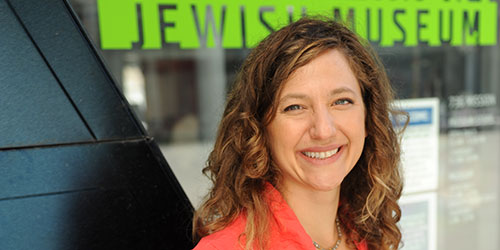
997
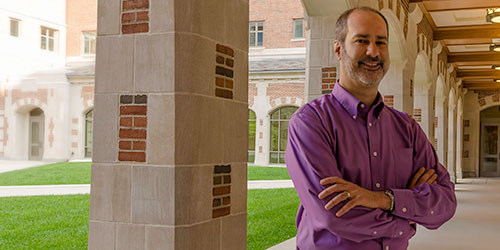
Motivating Students Through Gameful Learning: A Conversation with Barry Fishman
996

The Enchantment Factor: A Conversation on the Pedagogical Benefits of the JCAT Virtual Space
995

Do You Know? How Family Stories Benefit Children and Adolescents in Myriad Ways
993

Family Education in the 21st Century: Emergent Small Groups Connected to Legacy Institutions
991
